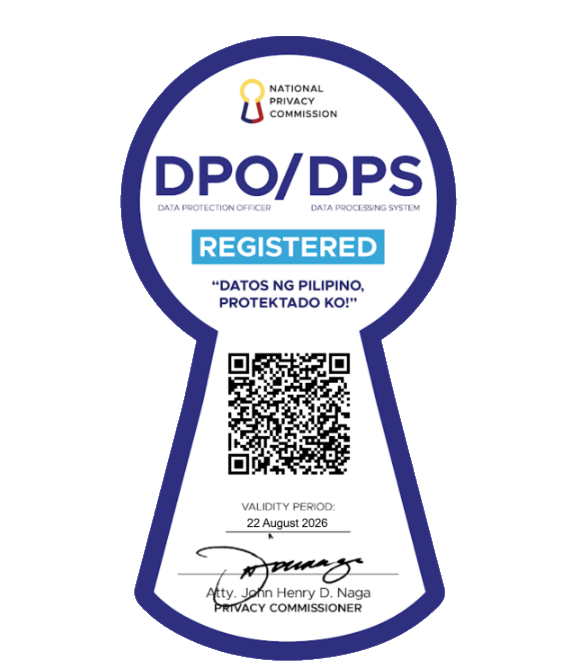VSU launches groundbreaking research projects to elevate indigenous voices and empower rural youth
- Details
- Written by Mike Laurence V. Lumen
-
Published: 19 July 2025
The Visayas State University (VSU) continues to expand the reach of its public service mission with the launch of the two people-centered research projects under its newly established Center for Socio-Cultural Research and Heritage Studies.
The new center is part of the recently approved organizational structure of the university and is headed by cultural researcher and anthropologist Dr. Max Teody T. Quimilat.
Rather than focusing solely on scientific output, these initiatives place people and communities at the heart of research.
Funded by the Department of Science and Technology - Philippine Council for Agriculture, Aquatic and Natural Resources Research and Development (DOST-PCAARRD), both projects are designed to engage underrepresented voices, particularly indigenous communities and rural youth, in shaping inclusive and sustainable futures.
One of the flagship projects, "Co-producing Forest Management: Advancing Sustainable, Gender-Inclusive Practices with Indigenous Communities,” seeks to work closely with the Ifugao, Panay Bukidnon, and Higaonon tribes.
Drawing from traditional ecological knowledge and lived experiences, this project aims to craft forest conservation models that are not only scientifically sound but also culturally grounded and gender-aware.
“It is not just about conserving forests. It is about truly listening to the wisdom of people who have protected these lands for generations,” Dr. Quimilat said, who leads the project.
“Many indigenous women, for instance, are knowledge holders but are often excluded from formal decision-making. We want to change that by giving space for all voices to be heard and respected.”
Through community workshops, field visits, policy dialogues, and joint knowledge production, this initiative hopes to create real-world impact that includes conservation policies rooted in lived experience, sustainable livelihood models, and inclusive environmental governance that values both science and tradition.
The second project, the DOST-PCAARRD Youth Science Program (DYSD) in the Regions (Visayas), turns the spotlight to young people especially those from rural and underserved areas.
From April 2025 to March 2026, the program will provide mentorship, hands-on immersion, and training to cultivate the next generation of thinkers and leaders in agriculture, aquaculture, and environmental science.
“In many parts of the Visayas, young people are interested in science but do not have access to laboratories, research mentors, or even the resources to pursue further studies,” Dr. Quimilat shared, who is also leading this project.
“This program aims to change that by giving them an entry point into science that is practical, empowering, and rooted in the realities of their communities.”
Through a capstone approach, participants will develop their own project proposals addressing local problems, with guidance from seasoned researchers. The goal is not only to grow talent but also to encourage these youth to stay and serve their communities through science.
VSU President Dr. Prose Ivy G. Yepes emphasized the broader significance of these efforts. “We believe that science should matter to the everyday lives of Filipinos. These projects allow us to respond directly to real issues on the ground, from climate change to cultural preservation to youth empowerment. This is the kind of public research we want to keep pushing forward.”
The Center for Socio-Cultural Research and Heritage Studies is envisioned to become a hub for inclusive scholarship, one that honors culture, upholds diversity, and advances a kind of science that stays close to people.
This article is aligned with the Sustainable Development Goal (SDG) 4: Quality Education; SDG 5: Gender Equality; SDG 10: Reduced Inequalities; SDG 13: Climate Action; SDG 15: Life on Land, and; SDG 17: Partnership for Goals.


